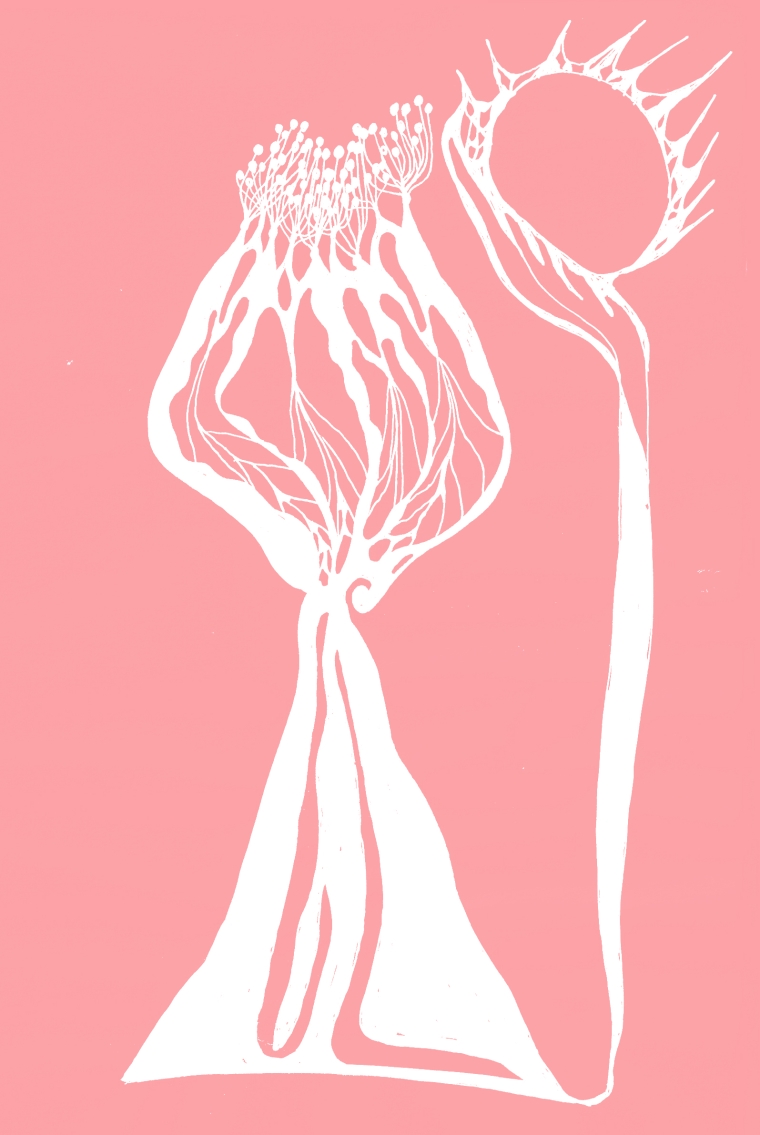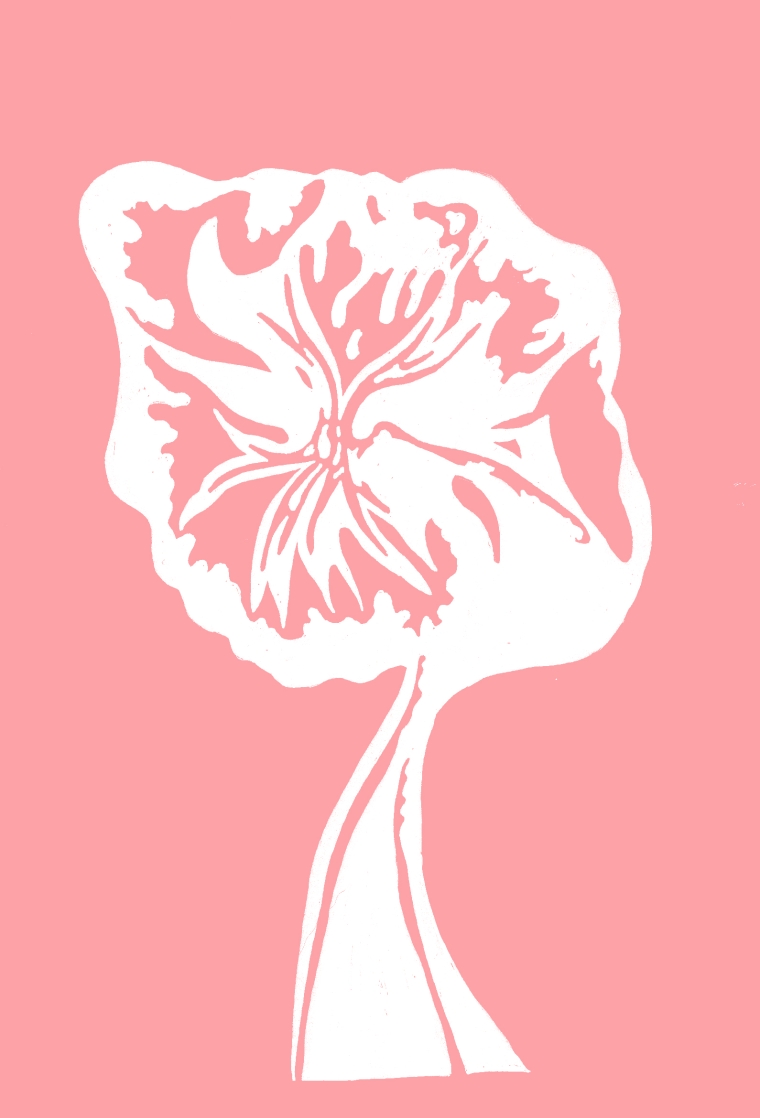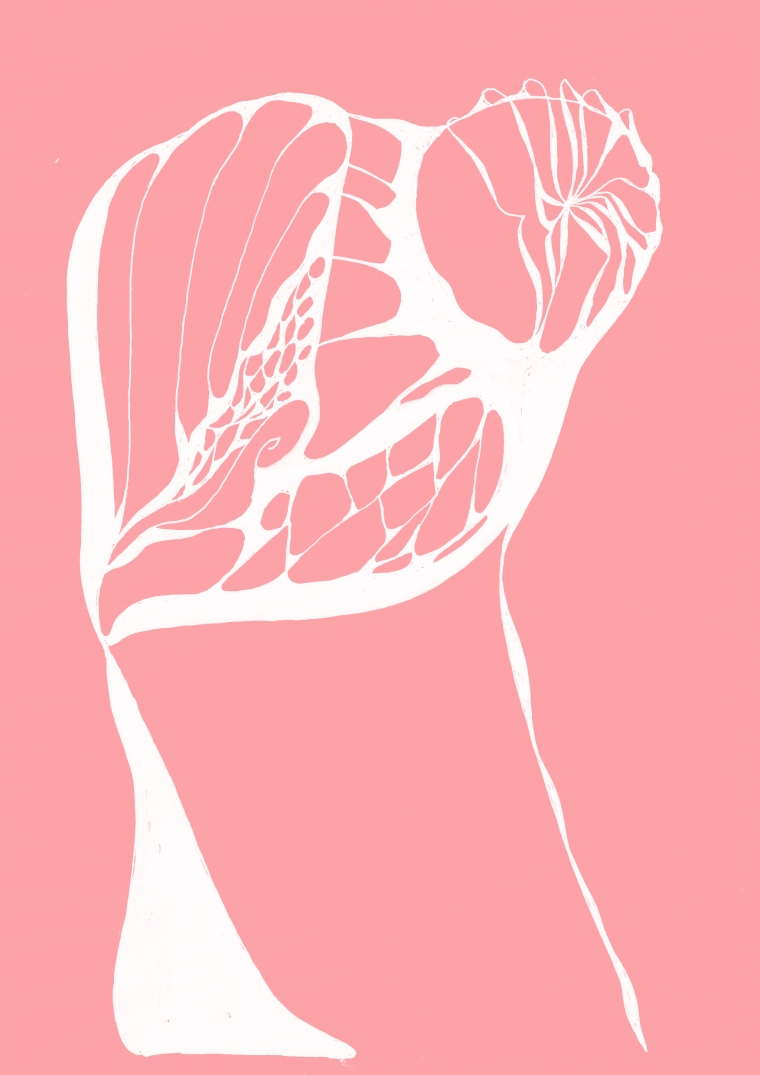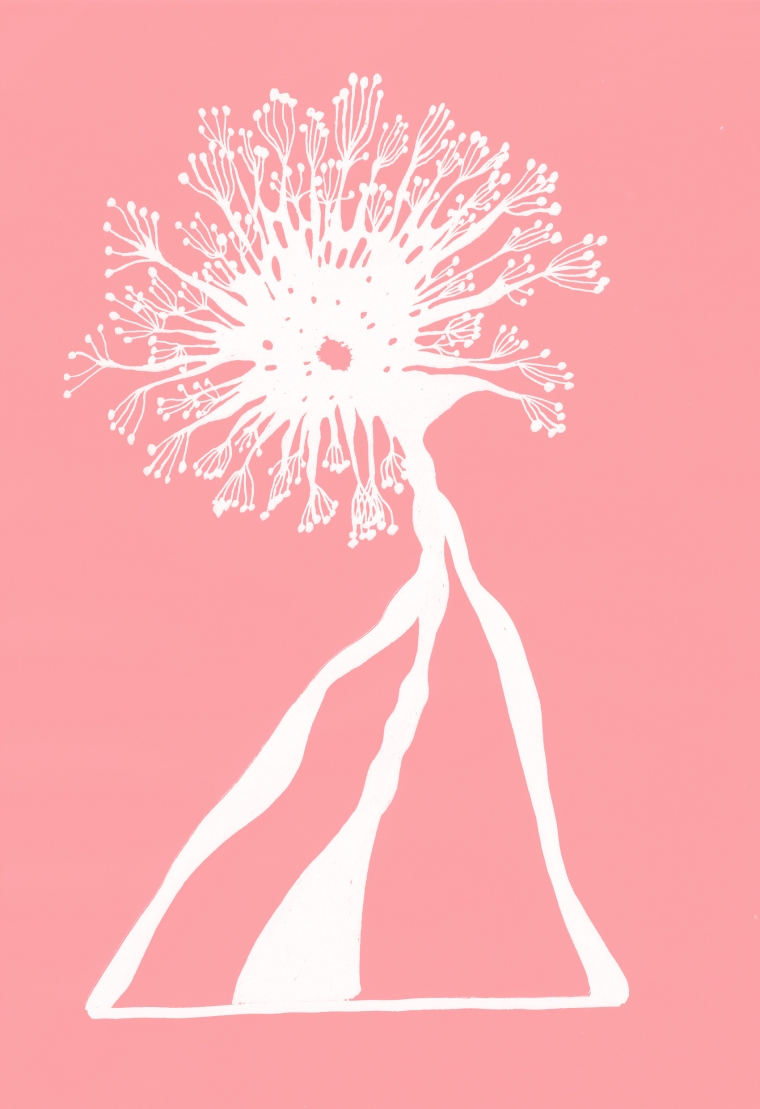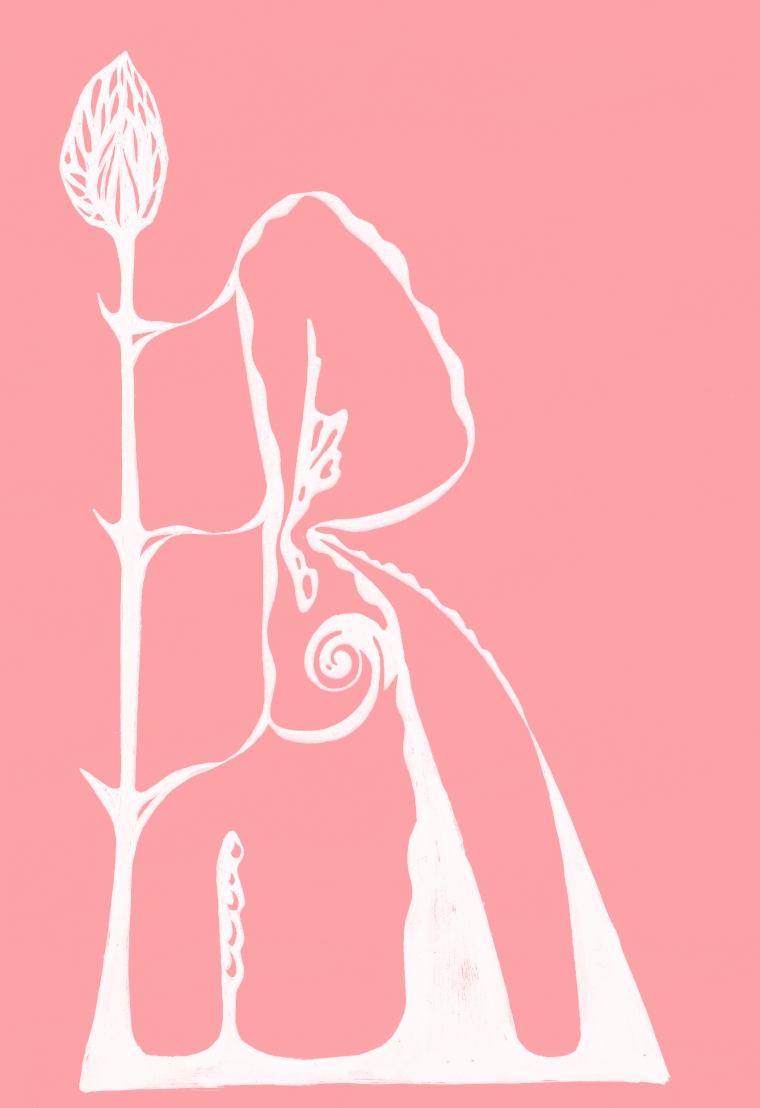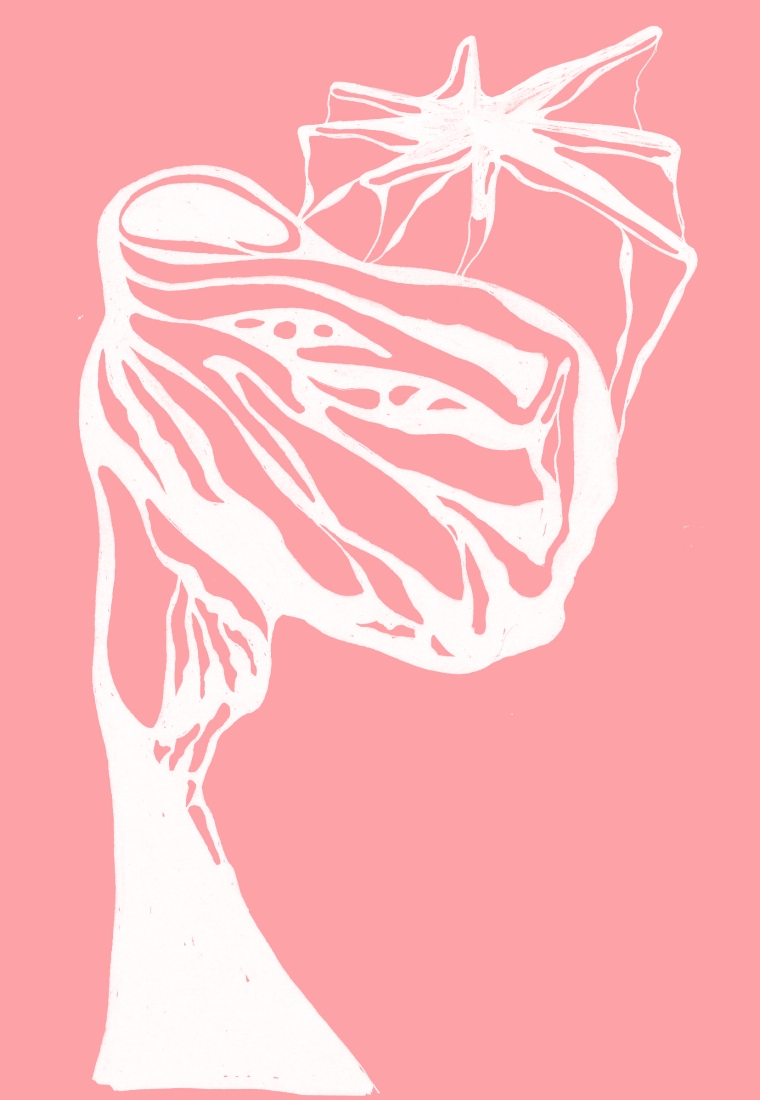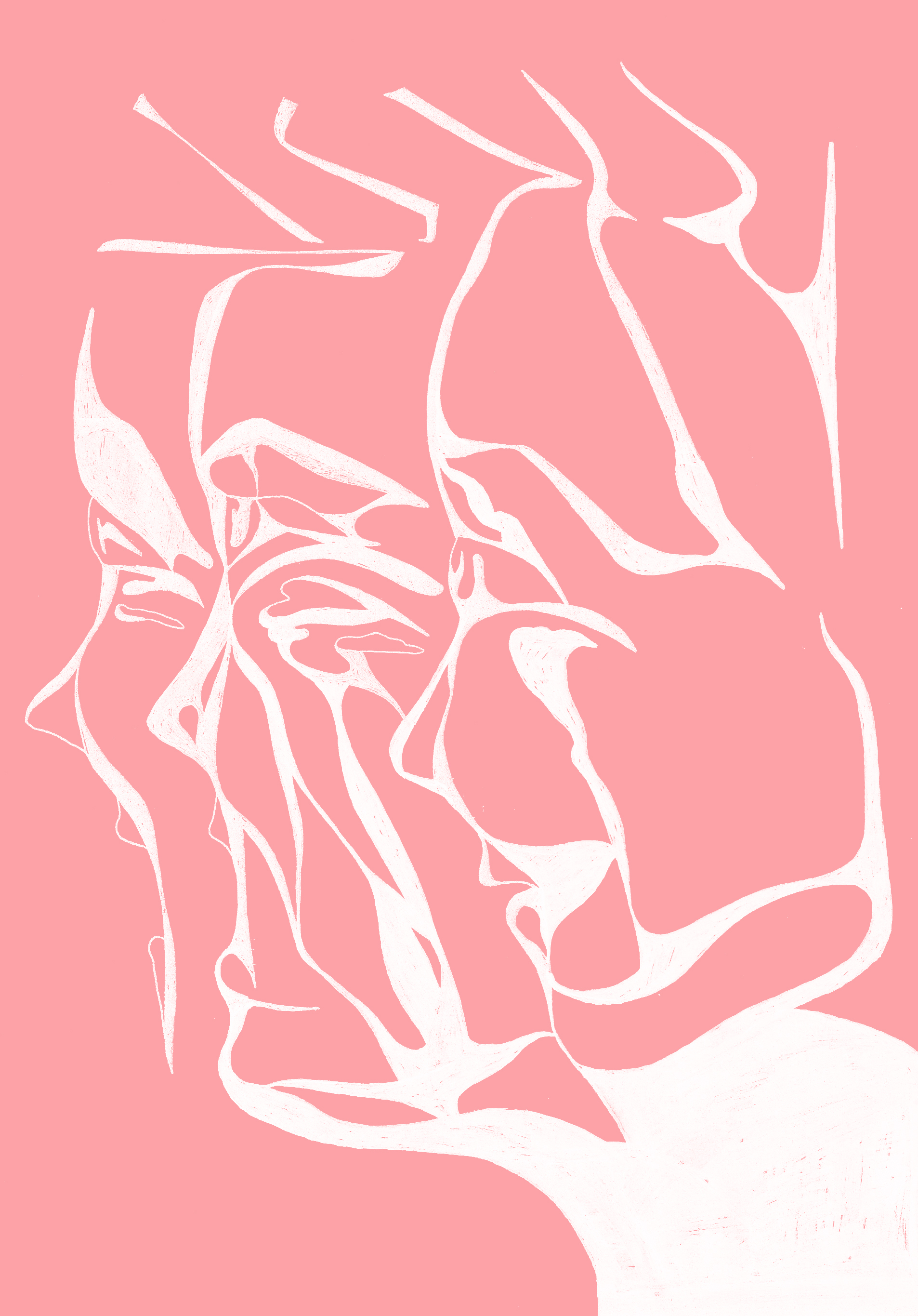
© Clara Batalha / Isabel Carvalho, 2023.
We Care A Lot
Conversations about caring, well-being and mental health: a special issue of Leonorana magazine on maat extended
In a special issue, produced in partnership with maat, the Museum of Art, Architecture and Technology, Leonorana magazine presents a series of conversations that place mental health at centre stage in understanding contemporary culture. They articulate an alternative to the healthcare model that treats individuals in total isolation from each other and seeks instead to highlight the role community, as an environment offering acceptance and a sense of belonging, can play in the care process. These dialogues in different voices bear witness to experiences of community, mutual care and happy interdependence currently being practised in the fields of art and culture.
This special edition of Leonorana is a response to an invitation from maat to explore “care” as a theme – one that was touched on before in its fourth issue, released during the pandemic. In 2020 and 2021, we saw a lot of engaged reflection on care across society as a whole in the wake of the drastic changes to our lives brought about by lockdown. Many people were forced to act as carers for themselves and others without being adequately trained to do so. And many saw their care provision interrupted or cut off entirely because of the almost total reallocation of public health resources toward fighting Covid-19. Despite everything, it was a time when many new solidarity and mutual-aid networks were established, and one which saw others that already existed grow in strength, in an attempt to discover novel ways (both in person and online) to help us stay connected to each other.
Now, at a juncture where the pandemic seems to have been brought under control and with those in power heralding a return to normal, it’s crucial we don’t leave care by the wayside. We don’t want to risk losing sight of the effects the pandemic had on us, be that collectively or individually. And so we must strive to keep the topic alive in the public discourse, lending it the attention it still deserves beyond the extreme conditions of lockdown
That said, when speak of care in the context of this special issue in collaboration with maat extended, we are particularly concerned with the issue of mental health – one of the areas of healthcare most neglected during the pandemic and, possibly, most affected by lockdown. Recognising the breadth and nuances of contemporary thinking about care, this series – conceived by Isabel Carvalho and boasting the participation of Susana Caló, Nina Paim, Andreia Magalhães, the Pedreira collective and the Kosmicare collective – seeks to shine a spotlight on ways of living and thinking collectively, and allows us to see the ways mental health care practice asks us (and this is a good thing) to exist in relation to other beings, be they human or otherwise. Every community involves forging a network, requires us to make compromises and encourages interdependency, and as such, presents us with an alternative to the paradigm to liberal individualism, one which, rather than undermining the uniqueness of each person, serves as a means of advancing their well-being.
* “We Care A Lot” is a song by the American band Faith No More, released in 1985, and also the title of their debut album released in the same year.
|
The name Leonorana comes from Ana Hatherly’s book Um Calculador de Improbabilidades (Quimera, 2001) and the magazine is a tribute to this author. It resumes and updates the central focus of her work, namely concerning the study and experimental practice of the complementarity between verbal and visual languages. Each issue of the annual magazine addresses a different theme, which is defined in dialogue with a guest editor, with whom the editorial methodology and orientation are also outlined. These are proposed to guest authors, who accept to share their interests, processes and accomplished works. The essay is the preferred genre as it is the one that is most adequate to the translation of the thought in formation and that best allows to undertake speculative approaches.
|
|


